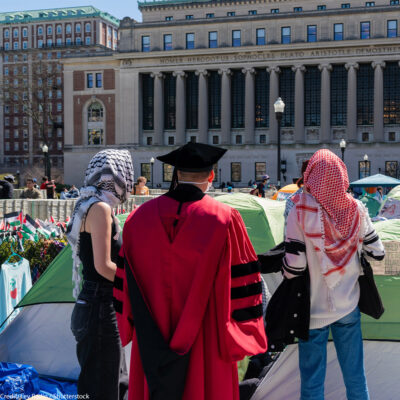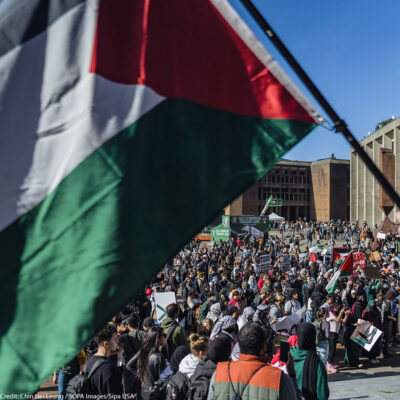
The ACLU works in courts, legislatures, and communities to defend and preserve the individual rights and liberties that the Constitution and the laws of the United States guarantee everyone in this country.

 Right to Protest, Federal Court Rules in Favor of Prominent Civil Rights Activist" />
Right to Protest, Federal Court Rules in Favor of Prominent Civil Rights Activist" />  Right to Protest, Federal Court Rules in Favor of Prominent Civil Rights Activist" />
Right to Protest, Federal Court Rules in Favor of Prominent Civil Rights Activist" />
 Right to Protest" />
Right to Protest" />  Right to Protest" />
Right to Protest" />



The ACLU works in courts, legislatures, and communities to defend and preserve the individual rights and liberties that the Constitution and the laws of the United States guarantee everyone in this country.

The ACLU works in courts, legislatures, and communities to defend and preserve the individual rights and liberties that the Constitution and the laws of the United States guarantee everyone in this country.

The ACLU works in courts, legislatures, and communities to defend and preserve the individual rights and liberties that the Constitution and the laws of the United States guarantee everyone in this country.

The ACLU works in courts, legislatures, and communities to defend and preserve the individual rights and liberties that the Constitution and the laws of the United States guarantee everyone in this country.
The right to join with fellow citizens in protest or peaceful assembly is critical to a functioning democracy and at the core of the First Amendment. Unfortunately, law enforcement officials sometimes violate this right through means intended to thwart free public expression.
In recent history, challenges to the right to protest have come in many forms. In some cases, police crack down on demonstrations through mass arrests, illegal use of force, or curfews. Elsewhere, law enforcement limits expression by corralling protesters into so-called “free-speech zones.” And increasingly, new surveillance technologies are turned on innocent people, collecting information on their activities by virtue of their association with or proximity to a given protest.
Even without active obstruction of the right to protest, limitations on that right or fear of police intimidation can chill expressive activity and result in self-censorship. The ACLU, along with affiliates across the country, monitors the government’s respect for this foundational right. We intervene—through police departments, the courts, and the dissemination of Know Your Rights materials—so that the right to public expression is respected for everyone.
The right to join with fellow citizens in protest or peaceful assembly is critical to a functioning democracy and at the core of the First Amendment. Unfortunately, law enforcement officials sometimes violate this right through means intended to thwart free public expression.
In recent history, challenges to the right to protest have come in many forms. In some cases, police crack down on demonstrations through mass arrests, illegal use of force, or curfews. Elsewhere, law enforcement limits expression by corralling protesters into so-called “free-speech zones.” And increasingly, new surveillance technologies are turned on innocent people, collecting information on their activities by virtue of their association with or proximity to a given protest.
Even without active obstruction of the right to protest, limitations on that right or fear of police intimidation can chill expressive activity and result in self-censorship. The ACLU, along with affiliates across the country, monitors the government’s respect for this foundational right. We intervene—through police departments, the courts, and the dissemination of Know Your Rights materials—so that the right to public expression is respected for everyone.